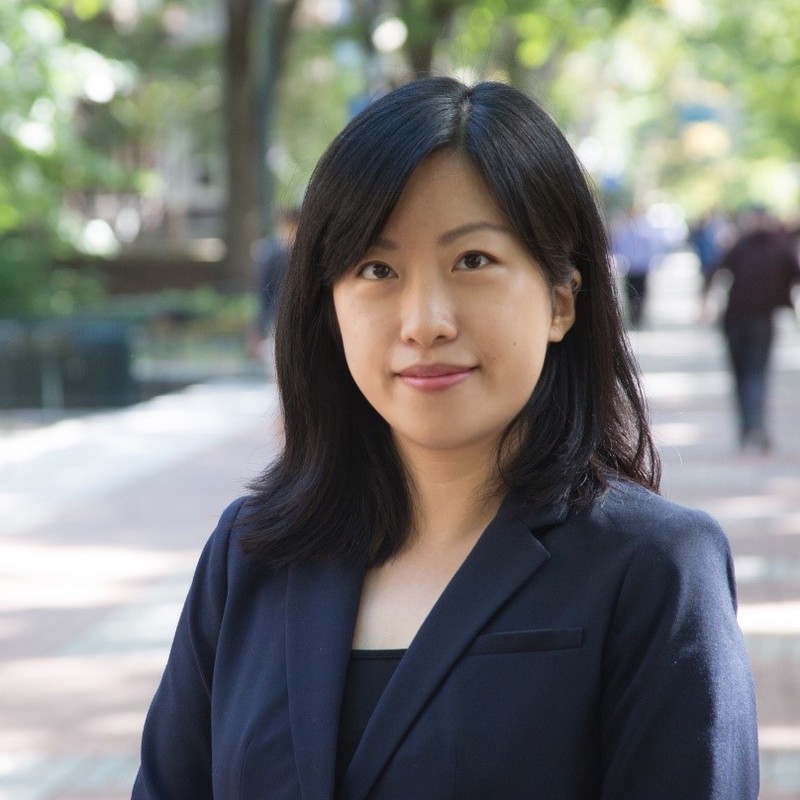Date & Time:August 5, 2020 10:00- 11:30am
Venue:Virtual Seminar
https://meeting.tencent.com/sArbCjPGwfjZ0
Meeting ID:698 818 102
Speaker:Qing Gong(University of Pennsylvania)
Abstract:
I examine how two kinds of physician learning jointly shape their treatment choices: Bayesian learning that updates beliefs about treatment-patient match values and learning by doing that improves surgical skills. Using case-level data on the history of brain aneurysm treatments by physicians in New York, I first document the presence of both types of learning and physician forward-lookingness. I then develop and estimate a dynamic structural model of physician learning and treatment choices for heterogeneous patients. I find that (a) learning encourages physicians to deviate substantially from the myopic best choices, hurting short-term patient outcomes but improving the overall treatment success rates by as much as 25%; (b) learning contributes to one-third of the physician-side variation in the choice of care. I also evaluate the impacts of several alternative payment schedules. Prospective payments regardless of treatment choices will significantly accelerate the diffusion of new technologies. Performance-based payments, on the other hand, have heterogeneous effects across physicians and would, on average, slightly discourage diffusion.
Speaker Biography:
Qing Gong received her Ph.D. from the University of Pennsylvania before joining UNC in 2018. Her research interest is in empirical microeconomics, including public, health, and labor. Her current work uses a combination of structural and reduced-form approaches and centers around two topics: how learning shapes physician treatment choices, and the evaluation of physician performance in the context of patient sorting and team working. Her papers have been published at American Economic Review, and Journal of Environmental Economics and Management.





